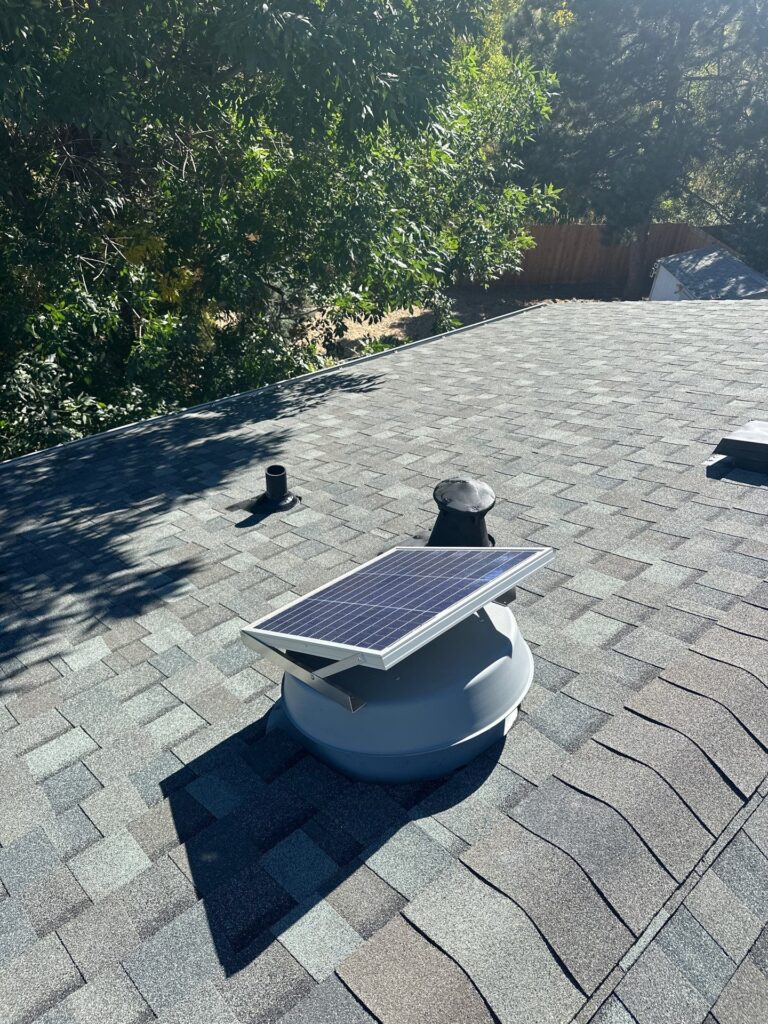The lifespan of a shingle roof varies depending on several factors, such as the type of material used, the quality of the installation, and environmental conditions. In this comprehensive guide, we explore how long an asphalt shingle roof typically lasts, the elements that can impact its durability, and the steps homeowners can take to extend the life of their roof.
Average Lifespan of Asphalt Shingle Roofs
Asphalt shingle roofs are one of the most popular roofing materials for residential homes due to their affordability and versatility. On average, the lifespan of an asphalt shingle roof ranges between 20 and 50 years. This wide range is primarily due to the different qualities of shingles available on the market. Standard shingles may last up to 20-25 years, while premium architectural shingles can extend the roof’s lifespan up to 50 years with proper care.
The longevity of your roof also depends on the warranty provided by the manufacturer. Most manufacturers offer warranties between 20 and 25 years. Trusted brands like GAF and Certain Teed are known for producing high-quality shingles that can withstand harsh conditions, making them a popular choice for roofers across the country.
Factors That Affect the Lifespan of a Shingle Roof
1. Weather Conditions
Severe weather is one of the biggest threats to the durability of asphalt shingles. Hail, heavy rain, and strong winds can weaken the shingles, causing them to crack or become dislodged over time. Additionally, extreme fluctuations in temperature can lead to expansion and contraction, which may damage the shingles’ structure. Prolonged exposure to harsh sunlight can also lead to degradation.
In colder climates, ice dams are a common issue. These form when snow on the roof melts and refreezes, preventing proper drainage and causing water to pool behind the dam. This standing water can lead to leaks, mold growth, and other costly repairs.
2. Poor Installation
A roof’s lifespan can be significantly reduced if it is not installed correctly. Shingles that are improperly placed, sealed, or nailed can result in premature wear and tear. It is essential to hire a reputable and experienced roofing company in Denver, Colorado to ensure that the installation is done right the first time. Tried and True Roofing, for instance, prides itself on ensuring meticulous installation procedures that prevent future problems.
3. Lack of Maintenance
Even the highest-quality roof materials need regular maintenance to reach their maximum lifespan. Homeowners should schedule annual inspections to check for damage, leaks, and wear. After severe storms, a more immediate inspection can help catch minor issues before they escalate. Addressing small repairs early can prevent more significant damage down the road.
How to Extend the Life of Your Shingle Roof
1. Regular Roof Inspections
Scheduling professional roof inspections is a critical part of maintaining your roof’s integrity. By having an expert assess your roof at least once a year, you can catch issues like cracked shingles, damaged flashing, or clogged gutters before they turn into major problems. Roof inspections are especially important after severe weather events, which may cause unseen damage.
2. Gutter Maintenance
Ensuring your gutters are clear of debris and functioning properly helps prevent water buildup on your roof. Clogged gutters can lead to standing water, which over time can cause leaks and weaken the roof’s infrastructure. In areas where heavy snowfall or rain is common, regular gutter cleaning is essential to protecting your roof.
3. Repairing Damages Promptly
Even minor issues can lead to serious structural problems if left unaddressed. A small leak, for example, can result in water damage to the underlayment and even lead to mold growth in the attic. By addressing issues as soon as they are identified, you can prevent costly repairs and extend the life of your roof.
4. Choosing Quality Roofing Materials
The quality of the materials used on your roof can make a significant difference in its lifespan. Opting for premium shingles, such as those offered by industry leaders, may cost more upfront, but they offer superior resistance to the elements and can last much longer than cheaper alternatives. Tried and True Roofing emphasizes the importance of selecting top-tier materials that withstand the test of time and weather.
Conclusion
The lifespan of an asphalt shingle roof is influenced by multiple factors, including the quality of the shingles, installation, and ongoing maintenance. On average, these roofs last between 20 and 50 years, but with proper care and the right materials, you can maximize their durability. Regular inspections, addressing repairs promptly, and choosing high-quality shingles are critical in ensuring your roof remains in top condition for decades.
If you’re looking for reliable roofers in Denver, Tried and True Roofing offers expert installation and maintenance services to ensure your roof stands the test of time. Reach out to us for a consultation or to learn more about the best materials for your next Denver roofing project.


